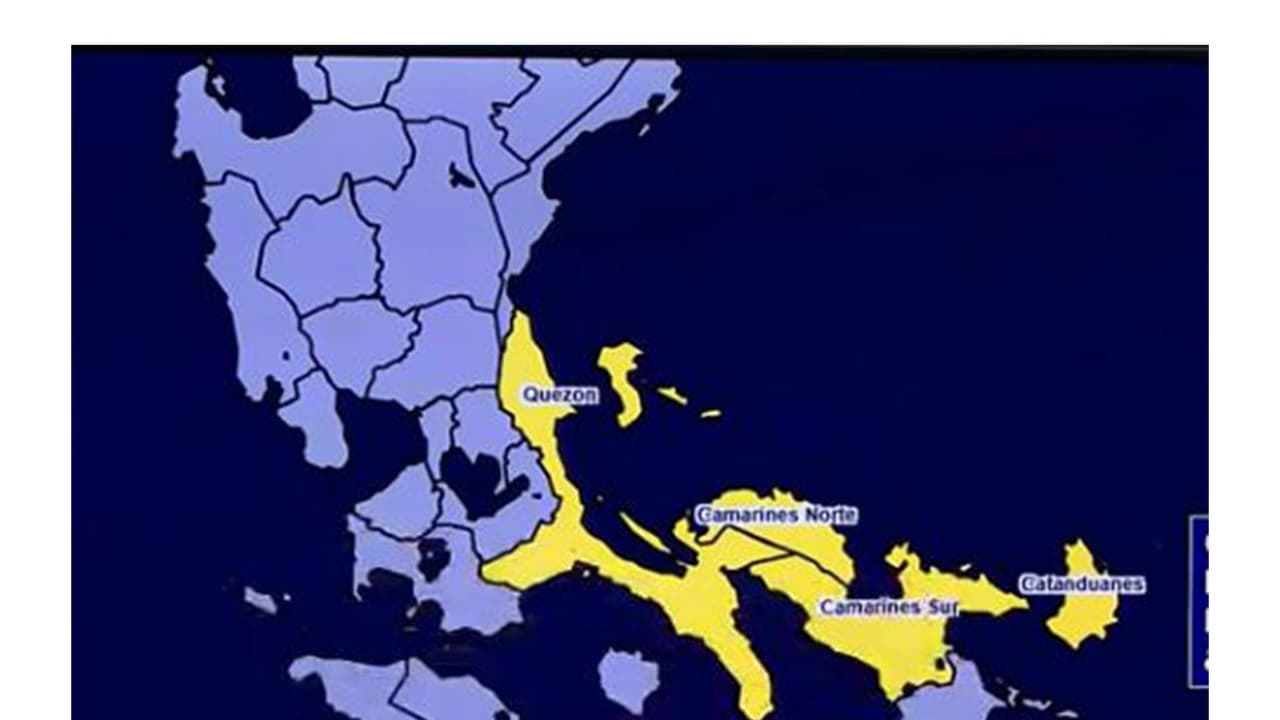Tropical Storm Basyang caused the cancellation of at least 32 flights in the Philippines, stranding over 7,700 passengers. The storm also caused widespread flooding, leading to evacuations and the suspension of sea travel in several provinces.
Hundreds of passengers were left stranded at airports after authorities on Friday cancelled at least 32 flights due to Tropical Storm Basyang, state media reported, citing the country’s civil aviation authority.
The Civil Aviation Authority of the Philippines said cancellations affected 7,737 passengers, according to the PNA news outlet.
Basyang Weakens to Tropical Depression
There was widespread flooding due to the storm, which, according to the country’s weather bureau bulletin at 11 am (local time) today, weakened into a tropical depression, packing maximum sustained winds of 55 kph near the centre and gustiness of up to 70 kph.
The weather department PAGASA, said Basyang will bring heavy rainfall across the country. It is expected to weaken into a low-pressure area on Saturday.
Widespread Flooding and Evacuations
In low-lying neighbourhoods, such as Barangay Mahayahay area, families were forced to move to upper floors or evacuation centres as floodwaters remained, PNA reported.
A river in the Iligan city prompted the temporary closure of a national highway bridge, with waters rising up to three feet at its peak and sweeping away parked vehicles.
Sea Travel Halted
On Thursday, the Philippines Coast Guard suspended sea travels, which stranded at least 130 passengers in Southern Leyte yesterday.
Today, PNA reported that the temporary cancellation of all sea trips in Iloilo province left 643 passengers, 326 rolling cargoes, and three vessels stranded in ports as of this morning. People living in low-lying areas were also evacuated to safer high ground due to continuous rains from a low-pressure area.
(Except for the headline, this story has not been edited by Asianet Newsable English staff and is published from a syndicated feed.)
